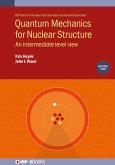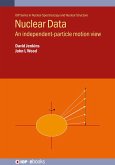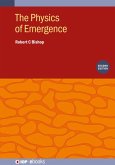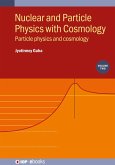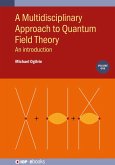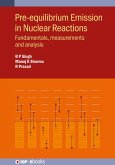This book - the first of a two-volume set - provides a comprehensive introduction to quantum mechanics for nuclear structure for advanced undergraduate and postgraduate students entering the field. The goal is the theoretical description of nuclear structure, beginning with logical foundations based on linear spaces and operators, as applied to two-state systems: both polarized photons and spin-1/2 particles. This leads to the logic behind the physical structure and an axiomatic formulation using linear spaces and operators. The one-dimensional harmonic oscillator is featured as the epitome of the mathematics and the physics. Matrix mechanics is introduced as the fundamental approach needed for calculations of eigenstates. The basics of measurement theory are covered. Wave functions and time dependence are developed using continuous transformation operators. A basic introduction to group theory and the algebra of angular momentum is given. Central force problems are handled algebraically. Finally, charged particle motion in a magnetic field is quantized to illustrate the power of algebraic approaches.
Dieser Download kann aus rechtlichen Gründen nur mit Rechnungsadresse in A, D ausgeliefert werden.



